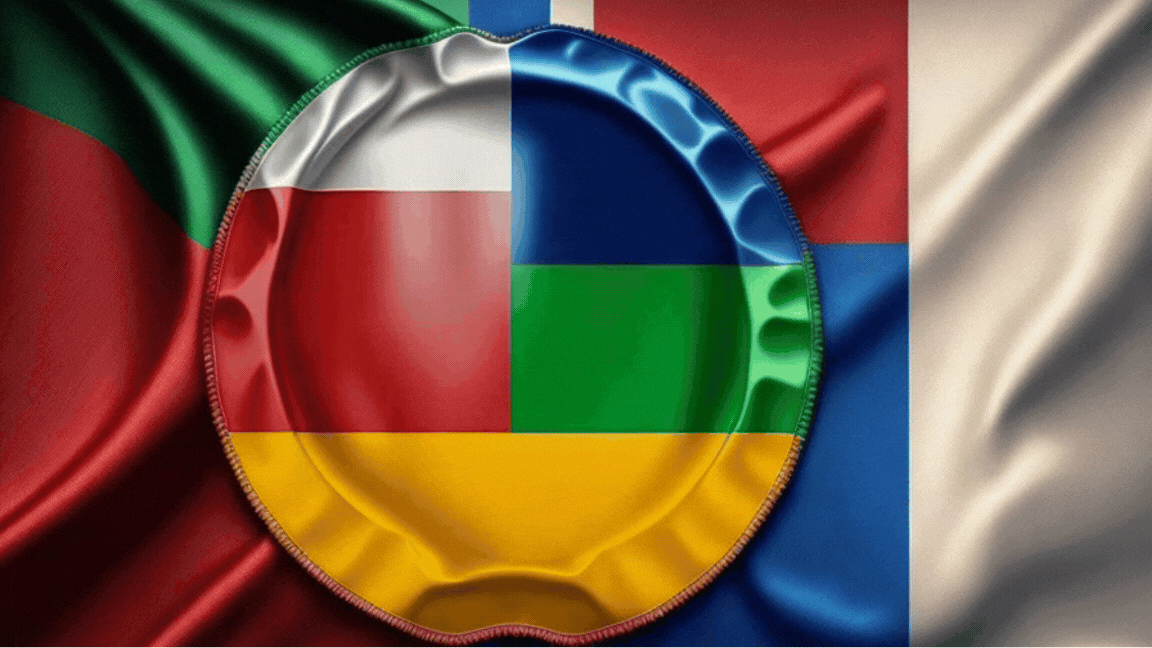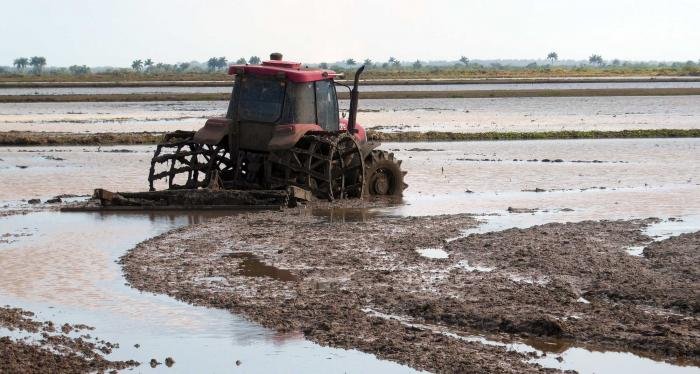
First
In Argentina, Javier Milei's libertarian Casa Rosada has signed the first privatization of several it has projected, in its eagerness to reduce the State's participation in the economy and thereby contribute to sustaining a fiscal surplus. This is a metallurgical company that has been taken over by a U.S.-based industrial consortium. Privatizations are a sensitive issue in the region, as they have often been seen as hurtful cessions of popular sovereignty, especially when the shares' acquirer is a foreign company, let alone if it is an American one. The now privatized business, some 117 years old, manufactures equipment such as turbines and reactors for the metallurgical, electrical and technological sectors, per Reuters. Meanwhile, in Cuba, the government has taken a major step after leasing farmland for three years to a Vietnamese company to produce rice, a key grain in the Cuban diet.
It is the first initiative of this type since the triumph of the rebels led by Fidel Castro in 1959, Reuters reports. In addition, business managers on the Vietnamese side will be able to hire local labor directly and not through a polemical state-run company, which limits wages credited for both the amount and the type of currency finally going into the worker's pocket. The trial to remove this restriction is definitely a good sign for potential investors. Vietnam is one of the countries that, due to historical affinity, has been more willing to help a troubled Cuba, but has demanded changes in the management of foreign direct investment. Anyway those trying to make profits here face powerful sanctioning winds coming from Washington.
I found the news quite interesting because just today, while I was traveling back to the Cuban capital after December holidays, I saw along the highway all the land that remains unproductive on the island, covered with weeds. It remains to be seen whether this will be a successful project, aimed at yields of 8 tons per hectare. The harvest will be destined exclusively for the domestic market. In the last year, the Cuban government was no longer able to deliver—in a stable manner—some seven monthly pounds of rice per citizen, making the product considerably more expensive. The lease period and the amount of farmland—the Vietnam-based entity expects to reach 5,000 hectares in production, also taking care of all the agricultural inputs required—could be extended. Ahead of the threat posed by the return of Donald Trump to the White House, largely responsible for the economic cataclysm we have been experiencing since 2019, Cuban authorities are forced to take risks.
 Source
SourceAlso interesting on Cuba 👇
New twist in US-Cuba trademark fight over Havana Club rum https://t.co/J0PpEYmv81
— @googeliart.bsky.social 🦋 (@GoogeliArt) January 9, 2025
Tariffied? Markets feeling the most pinch from Trump tariff risks https://t.co/Ay0whqrUC1
— Reuters China (@ReutersChina) January 9, 2025
Volvo CEO says plan for Mexico truck factory on track despite US tariff threat - https://t.co/ztRbKta4Oq
— DWatchNews N America (@dwatchnews_nam) January 9, 2025
And this is all for our report today. I have referenced the sources dynamically in the text, and remember you can learn how and where to follow the LATAM trail news by reading my work here. Have a nice day.

